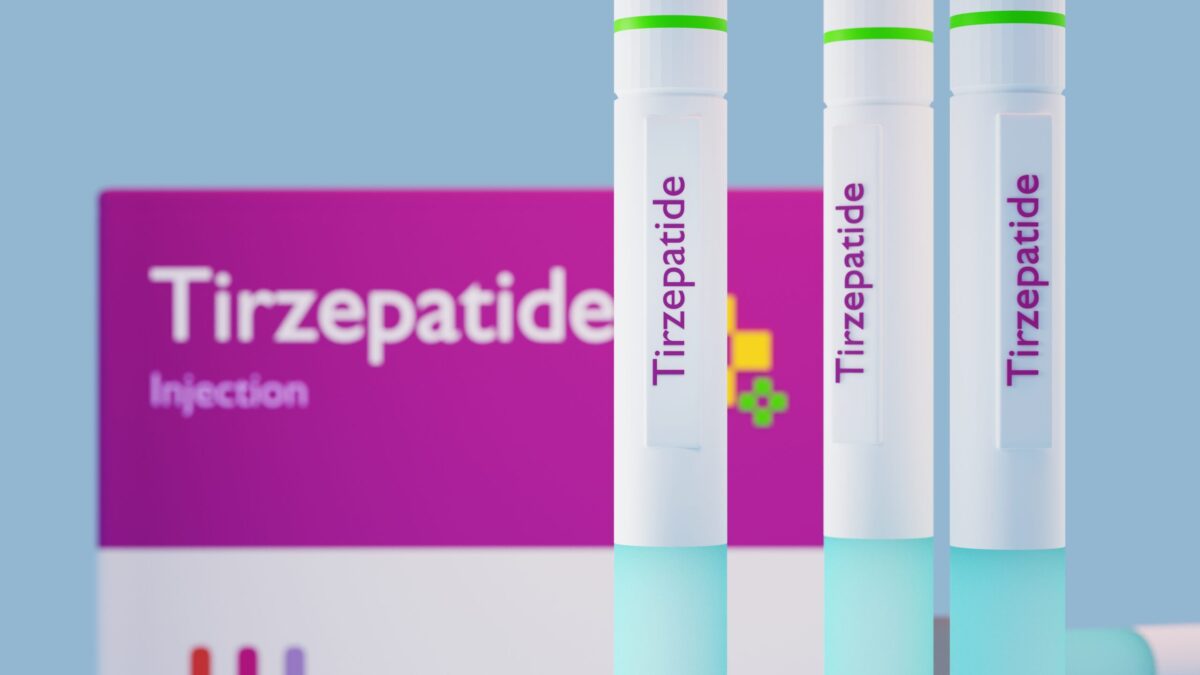Swiss pharmaceutical company Axovant Sciences announced yesterday that their investigational Alzheimer’s disease drug intepirdine failed to meet its co-primary endpoints in a Phase III clinical trial. Shares in the company have plummeted over 70 percent since news of the trial failure was released.
“While we are deeply disappointed by these trial results, we also are saddened for the millions of patients and families impacted by Alzheimer’s disease,” said Dr. David Hung, chief executive officer of Axovant. “However, we believe that the fight against Alzheimer’s and other important areas of unmet need in neurology is too important to be derailed by this setback.”
The Phase III MINDSET trial involved over 1,300 patients diagnosed with mild to moderate Alzheimer’s disease. Patients were treated with either once-daily doses of intepirdine or placebo, and all participants were also taking donepezil as a background therapy.
Like most of the other few drugs approved to treat Alzheimer’s disease, donepezil – marketed under the name Aricept – does not slow the progression of the neurodegenerative disorder. Instead, the drug is an acetylcholinesterase inhibitor which helps to improve cognition in Alzheimer’s patients.
After 24 weeks of treatment with intepirdine, patients in the treatment arm showed no improvement in cognition or in their ability to perform daily activities, as measured by the Alzheimer’s Disease Assessment Scale-Cognitive Subscale (ADAS-Cog) and by the Alzheimer’s Disease Cooperative Study-Activities of Daily Living scale (ADCS-ADL), compared to the placebo group.
Patients treated with the investigational therapy did show a significant improvement in the Clinician Interview-Based Impression of Change plus caregiver interview, or CIBIC+, a clinician-rated assessment of the effects of the drug with input from their primary carer. However, this win wasn’t enough to justify further clinical development of intepirdine, and Axovant plans to begin the process of wrapping-up the MINDSET open-label trial.
Axovant does have other promising dementia candidates in their pipeline, namely nelotanserin, a drug developed to treat patients with Lewy body dementia. The drug is currently in Phase II clinical trials, for which the company released positive interim results early this year. The company expects to release full results from this clinical program by the end of 2017.
“We remain committed to advancing our pipeline, which includes our Phase 2b HEADWAY study of intepirdine, and nelotanserin, our highly selective inverse agonist of the 5-HT2A receptor in Phase II development, both of which are being evaluated in patients with dementia with Lewy bodies,” said Hung.












Join or login to leave a comment
JOIN LOGIN